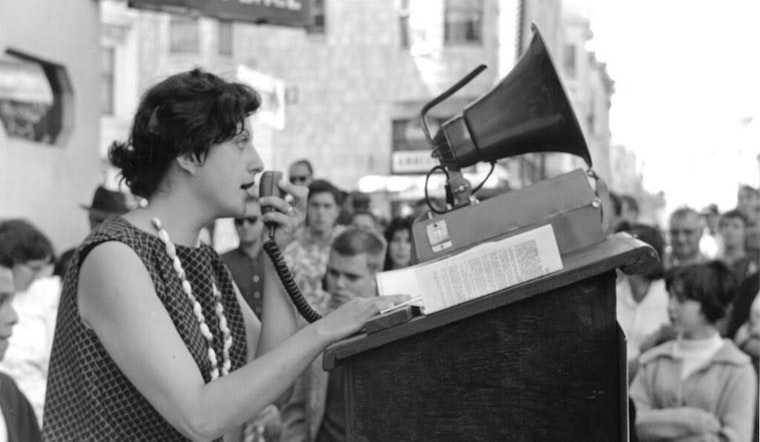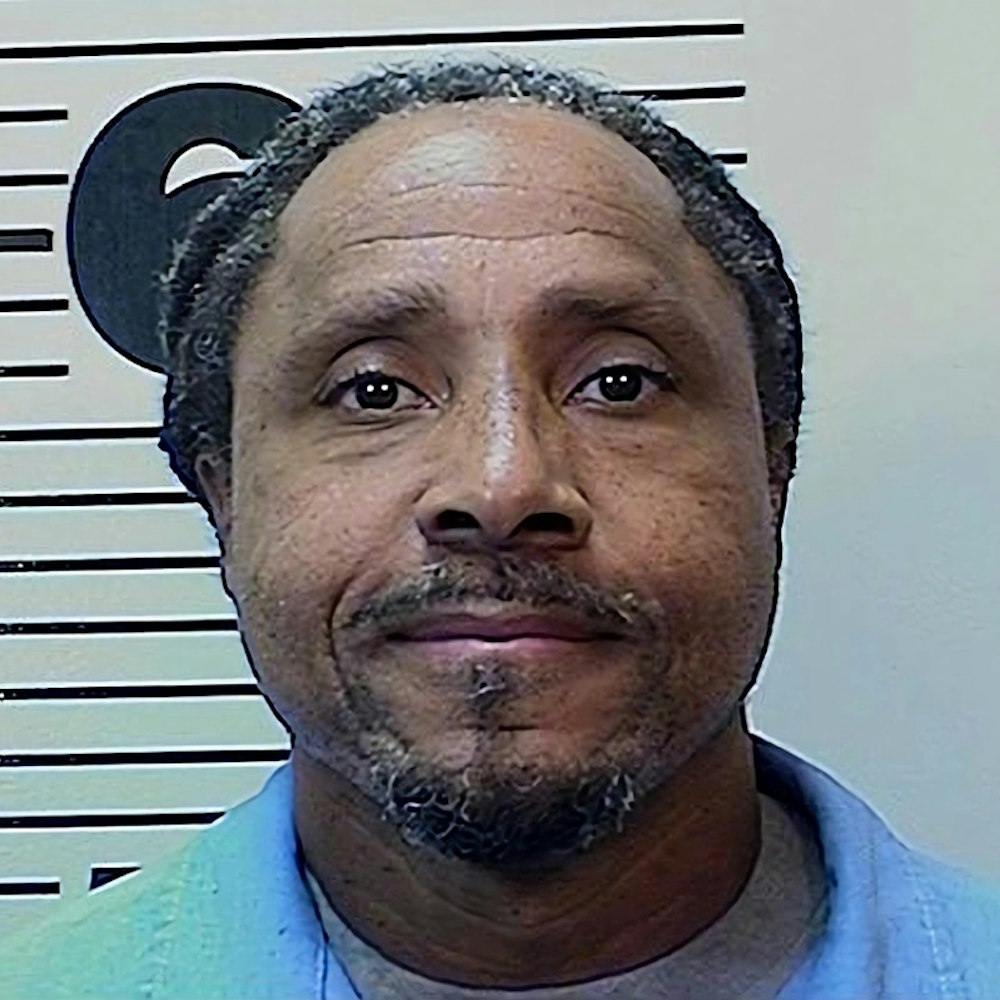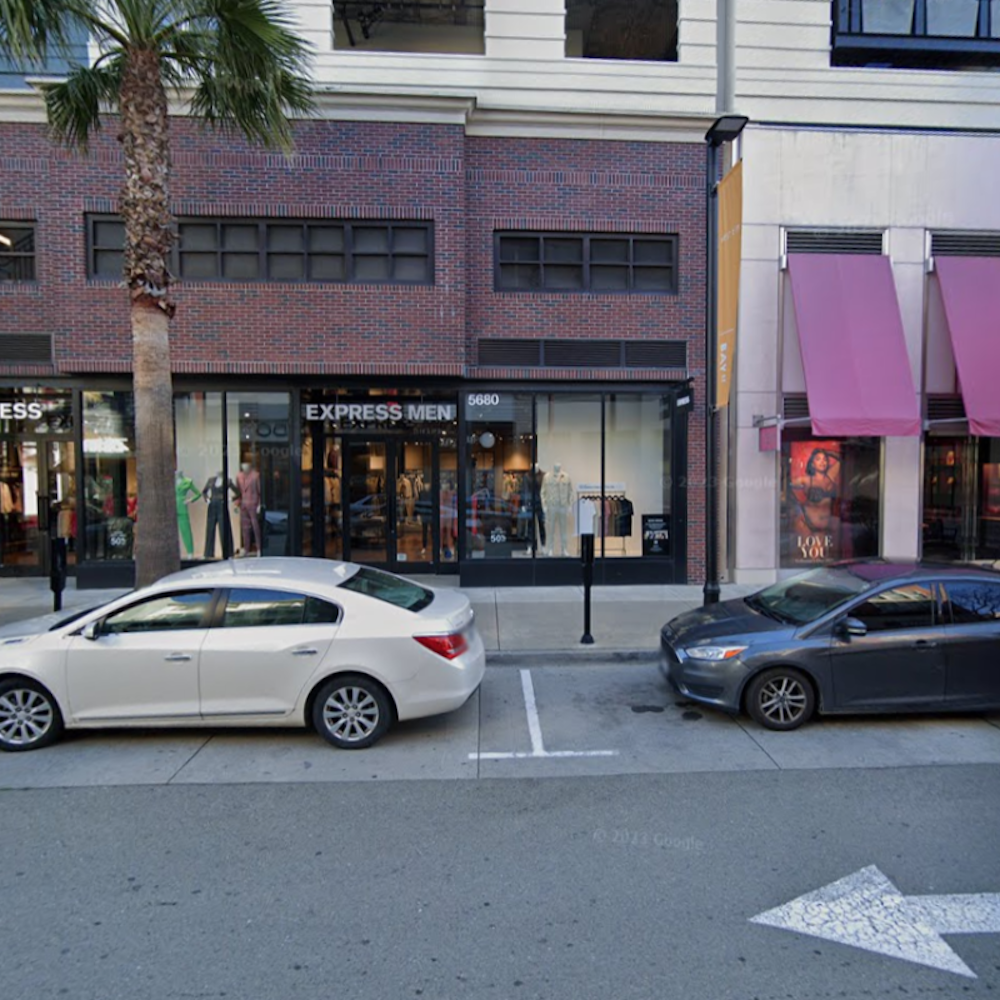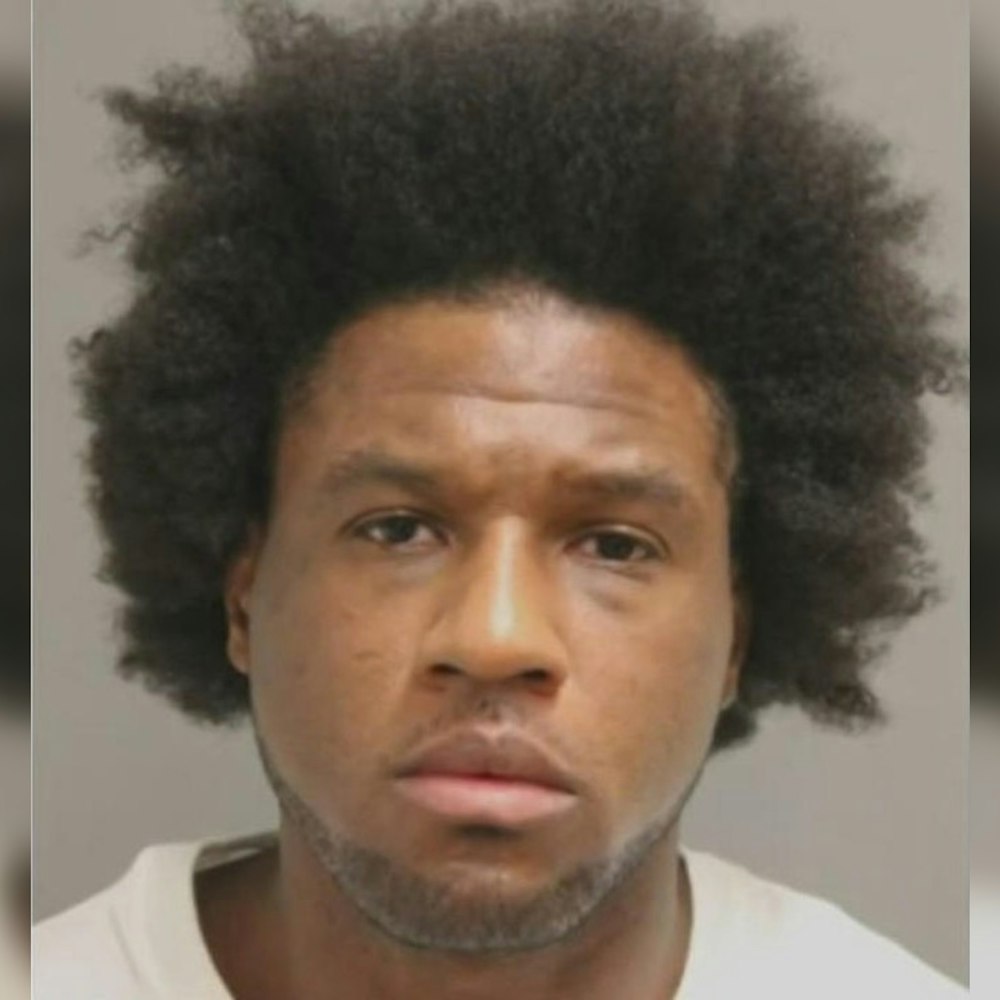
Poet, performer and provocateur Ruth Weiss, 92, died on July 31 of natural causes at her Mendocino County home.
She leaves behind a remarkable legacy in San Francisco's literary scene — most notably the Beat movement, of which she is often referred to as the "mother."
From the 1950s to the present day, Weiss wrote 23 books, directed films, created theatrical play and performed her unique hybrid of jazz and poetry across America and Europe. Herb Caen even dubbed her the "goddess of the Beat Generation."
A documentary about her life, "Ruth Weiss: The Beat Goddess," was completed last year and is currently touring the festival circuit. But Weiss herself wasn't enthusiastic about the moniker.
"I don’t quite like the term Beat; bohemian would be more appropriate for me," Weiss once told Peter Maravelis, events director at City Lights Bookstore. She saw herself as part of a long tradition of bohemia and the burlesque.
Born in Berlin in 1928, Weiss spent her early years fleeing the Nazi regime in Vienna and then Amsterdam. She and her parents moved to Chicago in 1933.
After graduating high school in Chicago, Weiss attended college in Switzerland, where she began writing poetry. In 1949, she returned to Chicago, where she joined a bohemian group called the Art Circle and became a jazz troubadour.
In 1952, after hearing about San Francisco’s majestic fog, Weiss hitchhiked her way to the city. She would make her home there for the next three decades, before moving in 1980 to the redwood forest of Albion, California with her husband, Paul Blake.
When Weiss first landed in the city, she rented a room at 1010 Montgomery St., where Allen Ginsberg also later resided. She later moved to the Hotel Wentley on Polk Street, where Jack Kerouac would visit, and they would write back and forth to each other in haiku.
Despite Weiss' deep involvement in the Beat scene, she never quite gained the notoriety of her male cohorts: Ginsberg, Kerouac, Gary Snyder and Michael McClure.

Maravelis said that while other writers were into self-promotion, or politicking with publishers, Weiss never published through any distributors. Every six months, she'd lug in stacks of books to City Lights — which sold her work on consignment — and they'd cut her a check.
"She never became famous because she didn't sell out to her values of being a bohemian," said Maravelis. “It’s not that it wasn’t quality, but no one had really seen her work."
Weiss was known for fusing her poetry with jazz, a style that began as a happy accident: a friend encouraged her to read a poem aloud at a party where a jazz trio was playing, and they decided to accompany her as she read.
Maravelis said that Weiss' book "Can’t Stop The Beat" beautifully captures her connection to the music of the era, which also had a deep influence on two of her compatriots, Ginsberg and Lawrence Ferlinghetti.
Beyond her connection with the North Beach literary community, Weiss performed at many of the iconic clubs of the era: the Black Cat Café, the jazz clubs of the Fillmore, East & West Gallery and the Six Gallery.
“But the parties were even more interesting,” said Maravelis. "Musicians came together after a gig, and someone would bring a jug of wine. And a poet would just start reading, and a musician would just start playing their saxophone, and someone would bring their bass, and just start playing, and these things would go on for hours — until the next day, sometimes."
"The descriptions of these parties are incredible, and she was a catalyst of that scene.”
Maravelis and Weiss began working together in the '90s, staging events at City Lights and around North Beach. He recalls the last event they did together, in 2014, where Weiss read with fellow Beat poet David Meltzer in the back room of Tosca Cafe.
“[Weiss] was fiery as ever," Maravelis said. "She had musical accompaniment, and really interacted beautifully with the audience."
“She was a real stickler for everything, from her hair color to presentation with music. She cared a lot about the performative aspect of poetry, not just the poetry of itself.”
Maravelis believes Weiss deserved much more recognition than she received in her lifetime. In the years to come, he hopes her work will receive more attention.
"She understood cabaret, she understood burlesque; this is where she came from,” he said. "She beautifully incorporated it throughout her life.”









